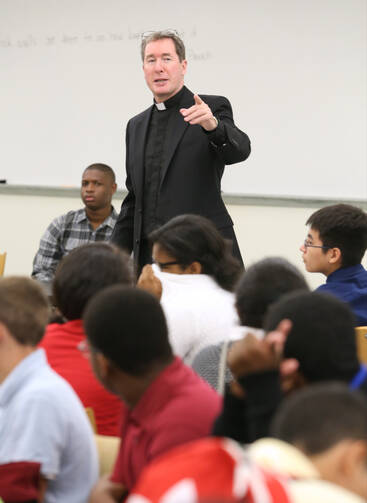Yesterday, David Brooks of the New York Times wrote a column lamenting the lack of a rich culture and conversation centered around essential human questions. In one part of his columm, he wrote:
I doubt people behave worse than before, but we are less articulate about the inner life. There are fewer places in public where people are talking about the things that matter most.
As a result, many feel lost or overwhelmed. They feel a hunger to live meaningfully, but they don’t know the right questions to ask, the right vocabulary to use, the right place to look or even if there are ultimate answers at all.
Brooks identifies a shift in what we value: "Intellectual prestige has drifted away from theologians, poets and philosophers and toward neuroscientists, economists, evolutionary biologists and big data analysts. These scholars have a lot of knowledge to bring, but they’re not in the business of offering wisdom on the ultimate questions."
I think he's mostly right, and if one keeps the focus on the "public square," I'm not sure one will find the Socratic engagement Brooks appears to hope for. But I do think there are places that are encouraging these substantive conversations, among them Catholic schools. This is part of what makes Catholic schools so vital to not only education, but to the broader American culture. Outside of Catholic schools (and, to be fair, probably many other faith-based institutions), I doubt there is much of a prolonged wrestling with those fundamental inquiries that haunt us during crucial moments. Where, for example (outside of Catholic schools), do young men and women hear these questions: Who am I? What is the nature of the human person? What is happiness?
In Jesuit schools (my context), we are constantly asking faculty and staff to think about God, purpose, meaning, and fulfillment. To borrow a favorite word from Ignatian contexts: we are constantly inviting discernment, constantly inviting people to situate their day-to-day concerns within the horizon of the divine-human relationship.Dr. Fred Pestello, the President of Saint Louis University, captured it well in his inaugration speech:
As a Jesuit research university, we are called to ask the most compelling questions of our time. Our mission statement itself is a reflection of this extraordinary vocation. We commit ourselves to "the pursuit of truth for the greater glory of God and the service of humanity." We do this through excellence in "teaching, research, health care, and service." And we strive to lead in "the discovery, dissemination, and integration of the values, knowledge, and skills required to transform society in the spirit of the Gospels."
The result is an education that does not simply give our graduates the skills to succeed in their respective careers but also imbues them with the wisdom to lead lives of meaning and purpose.
Some might say we spend too much time on this dynamic, and not enough on building practical skills. But I think the Ignatian model tends to draw out dreamers, tends to focus on cultivating visions and worldviews more than practical plans. Of course, both are essential, as Ignatius himself discovered when he got kicked out of the Holy Land and needed to develop Plan B. We cannot have dreamers who cannot apply their talents, discerners who cannot find a job. As many Jesuits have put it, followers of Ignatius must become "contemplatives in action." And this, I think, is when Jesuit schools (and, I hope, all Catholic schools) are at their best—when we engage students about their purpose and their calling and then encourage them to place their extraordinary talents in diverse fields in service of those who need it most.








